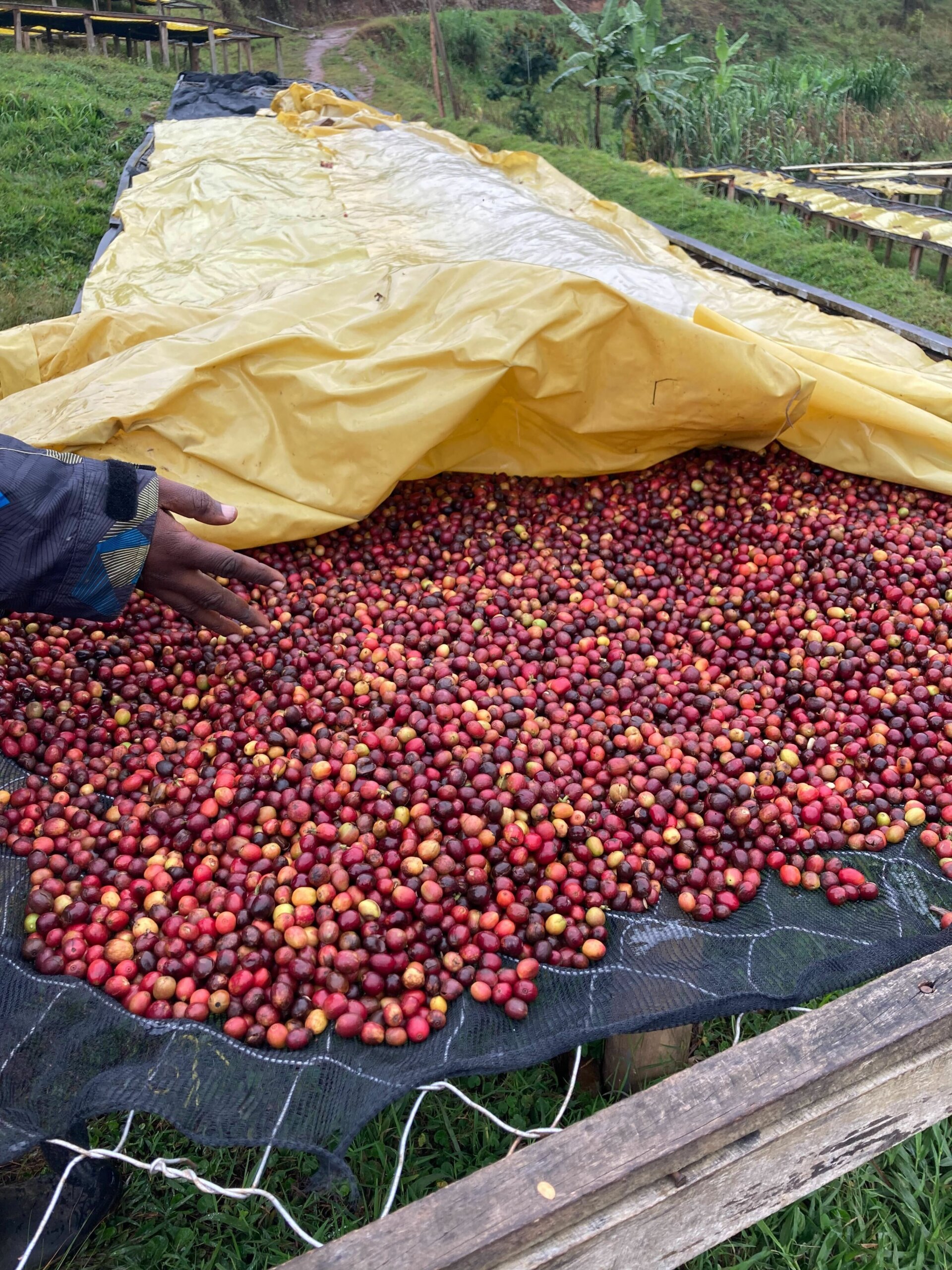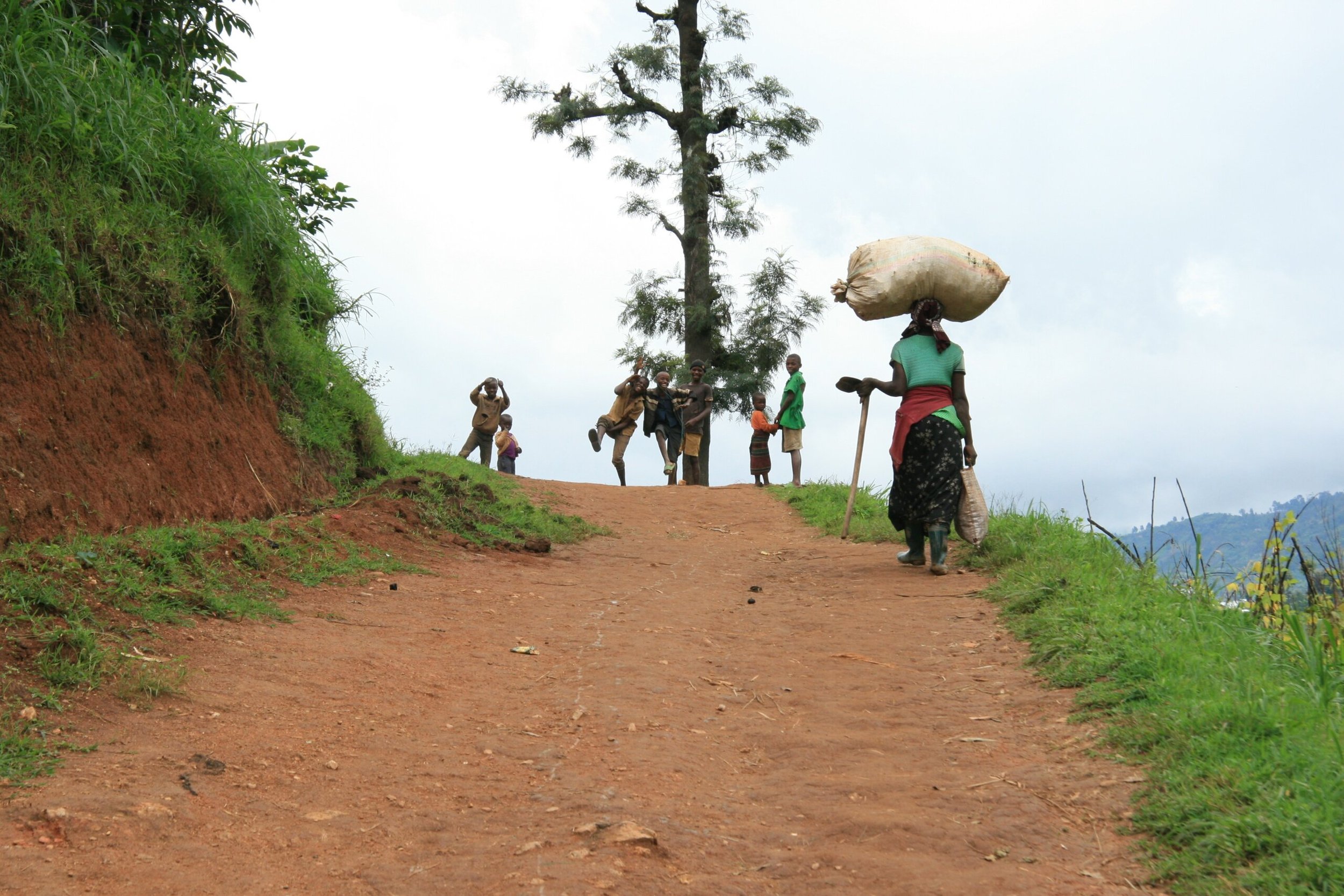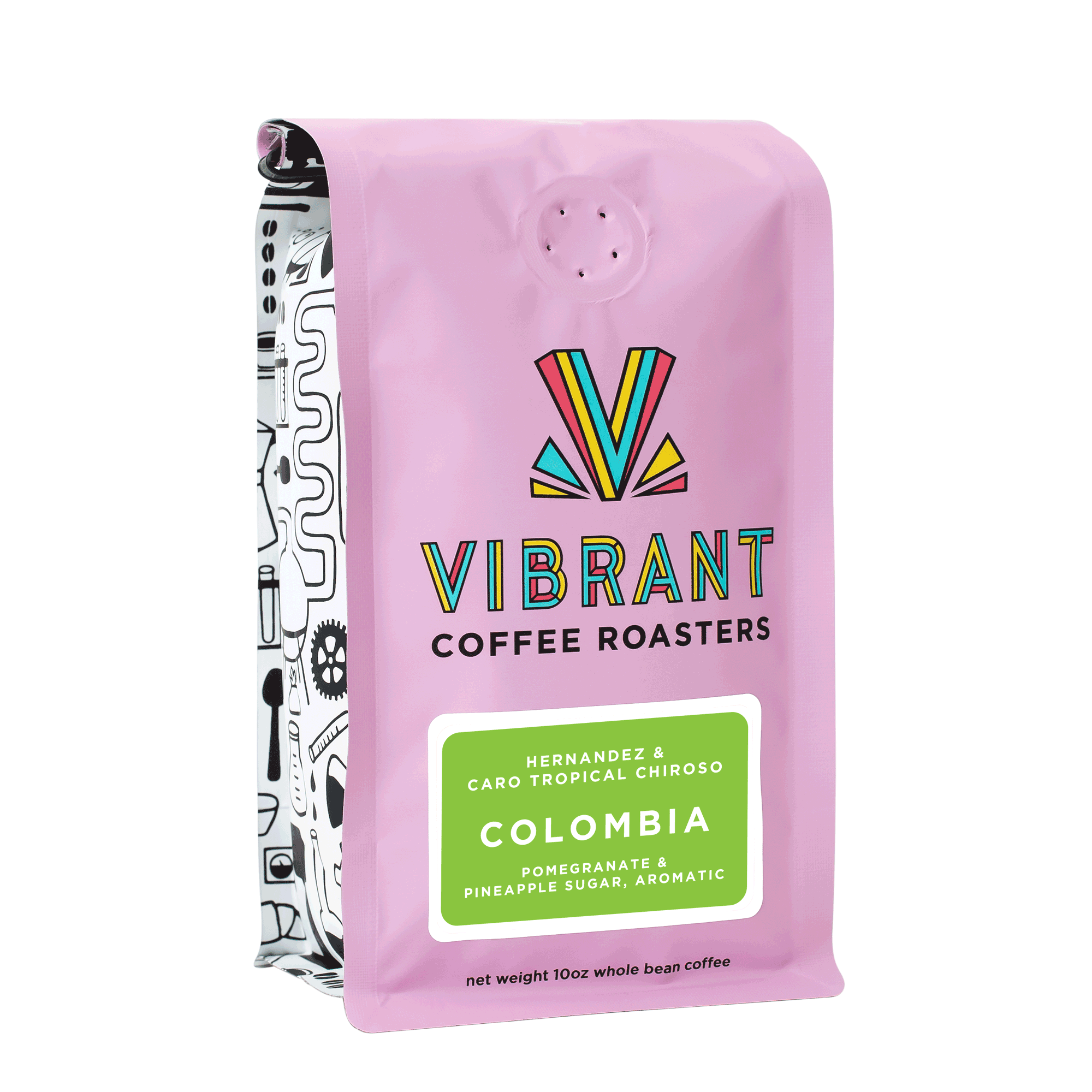Colombia Wilder Lazo "Gesha Spirits" Honey Anaerobic Tangerine
Limited Roast - Light
COLOMBIA - HONEY ANAEROBIC CO-FERMENT
Where to begin? This is an absolutely fascinating, and as delicious as it gets, coffee from the legendary Huila region of Colombia. The famed Gesha variety, combined with some truly unique processing, gives this coffee an explosion of fruit and floral flavors. Think bright citrus soda, orange juice, lemongrass, green tea, and flowers. Available for a very limited time only!
FARMER:
Wilder Lazo
ORIGIN:
Finca Bella Alejandria, Acevedo, Huila
ELEVATION:
1,890 masl
VARIETY:
Gesha
PROCESS:
Honey Anaerobic Double Fermentation Tangerine Co-Ferment
TASTING:
Citrus soda & green tea, sublime
IMPORTANT INFO ON BLACK LABEL COFFEE SHIPMENTS:
Black Label coffees only roast and ship on Tuesdays (any order that includes a Black Label coffee will get shipped the following Tuesday).
Why We Love This Coffee
Honey Anaerobic Double Fermentation Tangerine Co-Ferment - it’s a mouthful, but you’ll be glad you’ve got a mouth full of it once you try it (yes, we are re-using this corny line from last year, when we featured Wilder’s “Gesha Spirits” Honey Anaerobic Mandarin Co-Ferment - this coffee is almost that same process, but using Tangerine instead of Mandarin). Just as we were with the Mandarin version, we were shocked to learn that this coffee was both an anaerobic and a co-ferment as it honestly tastes like neither. This coffee is super clean and tastes like some of the most highly sought after washed geshas from Panama that kicked off the whole gesha craze. We taste citrus soda, orange juice, lemongrass, green tea, and flowers. The profile is intensely aromatic and elegant.
So, what’s the story with the processing? First, the coffee cherries were partially de-pulped (basically, just the skin was removed) and then fermented in GrainPro bags for 140 hours. After this fermentation, the coffee, still covered in mucilage, was placed in sealed plastic barrels for 2 days (anaerobic, without oxygen) for a second fermentation. Then, the coffee is dried in the sun for 18 days along with tangerine peels. According to Wilder, the exposure to the tangerine peels during the drying amplifies the floral character of the coffee. Before the final milling, the coffee was stabilized in a warehouse for 25 days.
We really find this one fascinating as it almost seems like the bacteria and microbes that normally would make a honey process coffee have a little bit of a funky flavor to it preferentially attacked the tangerine peel instead of the coffee itself as it really is shocking how clean this coffee is. This is complete speculation on our part, but we have truly never tasted such a heavily processed coffee that tastes so little like a heavily processed coffee, apart from last year’s Mandarin version.
And the farmer himself? Wilder Lazo has been in the coffee industry for seven years, ever since he started helping his father on his farm in the San Adolfo mountains. The Lazo family has a long history in the coffee industry, but Wilder is making big changes. He has started growing many different varieties (more than a dozen) and working with new experimental processes. We can’t wait to taste more from this maverick!
Water Recommendation:
For those of you who want to get every last drop of excellence out of this coffee, our preferred brewing water (at least for cupping) is full-strength Third Wave Water (130ppm GH, 40ppm KH).
Full-strength Third Wave Water is our favorite, as usual, because it is the sweetest. Around 40ppm KH seems to be the right amount to still make the acidity really pop without making it just taste one-dimensional and sour.
Half-strength Third Wave Water (65ppm GH, 20ppm KH), which is nearly identical to Lance Hedrick’s Light & Bright water (60ppm GH, 25ppm KH), is just a little too lacking in fruity complexity for our palates. The acidity really dominates the cup, which isn’t in itself a bad thing, but it makes it a kind of generic, sour sweetness without really tasting like a lemon or any other bright fruit in particular.
Rao/Perger water (90ppm GH, 42ppm KH), as is often the case for our Black Label series coffees, might give the most complex cup. It just isn’t quite as sweet as full-strength TWW, but this would be our second choice if we were making water from scratch for this coffee.
Philadelphia water (Baxter water supply) filtered with a three-stage carbon system with a little softening (somewhat similar to what a Brita pitcher would do) still gives an excellent cup profile but there is a slight increase in generic “coffee-like” flavor which slightly mutes the fruit/floral profile of this coffee.
If this is all very confusing—check out our blog post on water for coffee!


















